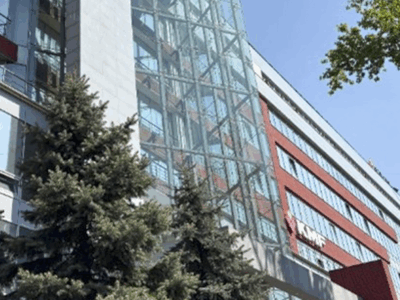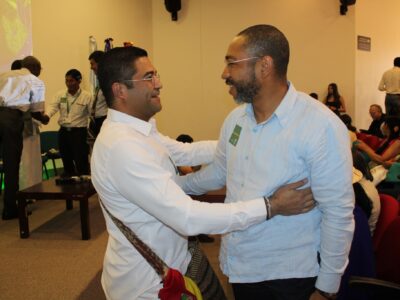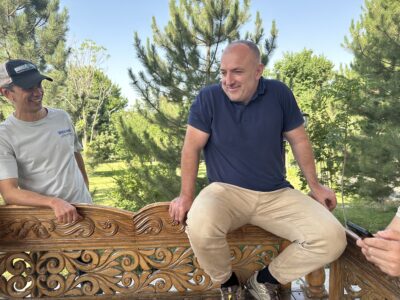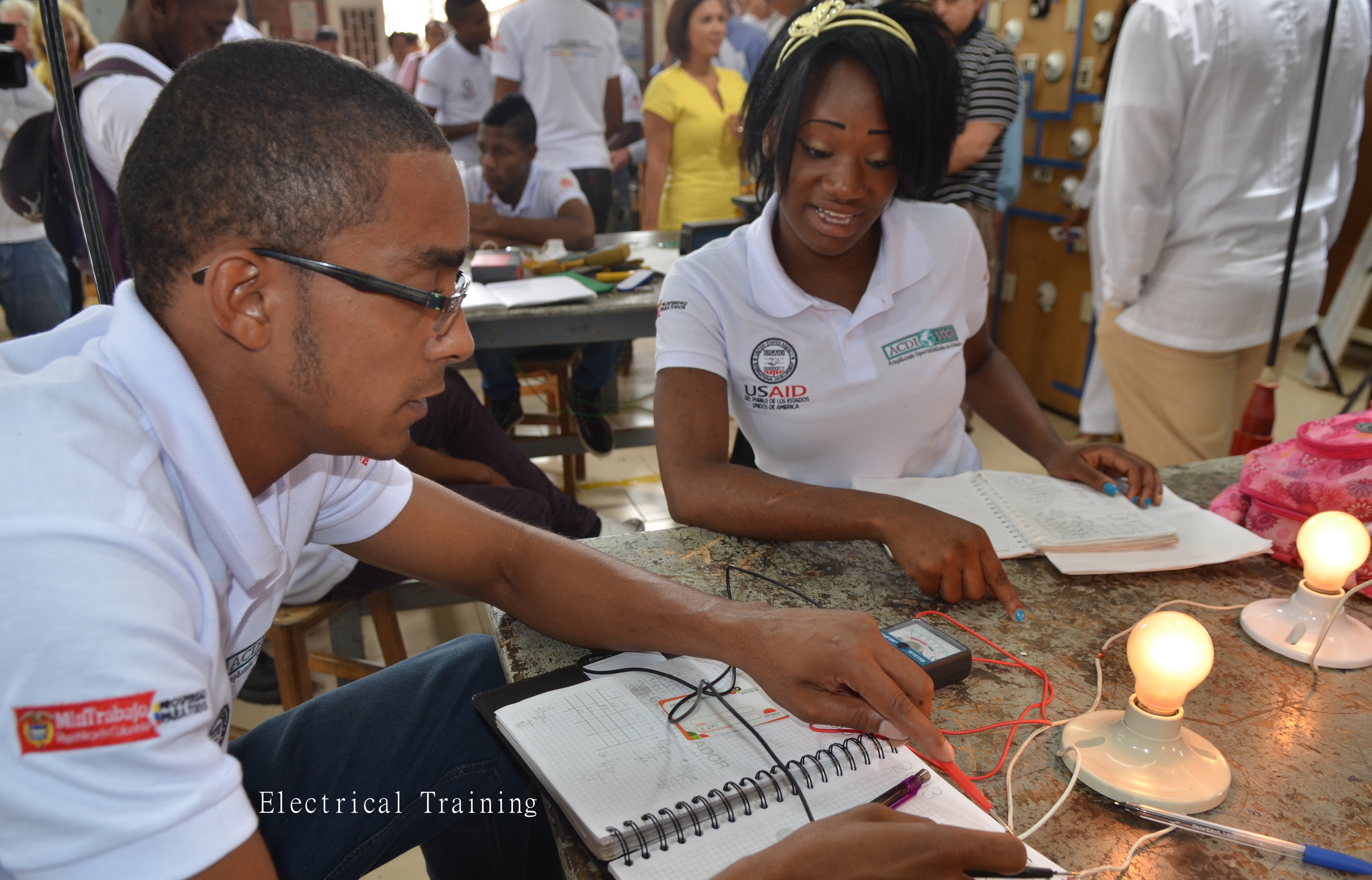
Colombia’s Congress recently signed a peace agreement ending a 50-year conflict with guerillas and paramilitary groups that left 250,000 people dead and eight million others victims of its violence.
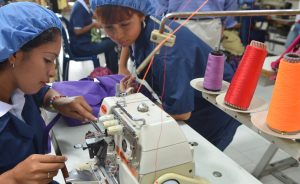 Despite a top-performing economy, Colombia’s ethnic minorities and victims of conflict have lower-than-average incomes and less access to public services. With the second largest population in South America, including 60 percent Mestizo, 5 percent Afro-Colombian, 14 percent mixed African and native, and 1 percent native indigenous peoples, that accounts for millions of people facing economic uncertainty.
Despite a top-performing economy, Colombia’s ethnic minorities and victims of conflict have lower-than-average incomes and less access to public services. With the second largest population in South America, including 60 percent Mestizo, 5 percent Afro-Colombian, 14 percent mixed African and native, and 1 percent native indigenous peoples, that accounts for millions of people facing economic uncertainty.
Since 2011, ACDI/VOCA and its affiliate Agribusiness Systems International (ASI) have brought a workforce development and job placement model to Colombia’s urban centers to create a new future for participants, especially youth.
When Standard Job Training Won’t Cut It
The USAID-funded Afro-Colombian and Indigenous Program (ACIP), which I helped manage with ACDI/VOCA, took a differentiated approach to helping underserved populations. ACIP addressed the barriers they face and created public- and private-sector partnerships to help marginalized youth and minorities, especially women, find satisfying, long-term jobs. They gained on-the-job training and experiential classroom learning. ACIP also focused on critical, yet often overlooked, soft skills, like confidence and life planning, which result in better job performance.
Returned Refugee Finds Stable Employment
Ana María Muñoz, 32, has always worked. At 18, she and her husband fled the country and only returned after the birth of their second child to be near family. Ana María took part in ACIP’s workforce development program for six months. She is now a supervisor’s assistant at a footwear factory in Cali, where she has worked for the past three years. Her job brings stability in the form of a steady paycheck and benefits—something many Colombians struggle to achieve, especially in a city where 20 percent of Afro-Colombian women are unemployed.
Unlikely Alliances Shake Up Status Quo
I believe the push for collaboration between unlikely groups, such as youth, employers, and government, proves most promising—if not most challenging. When ACIP first began, few participants trusted our staff. Many young people had done job trainings before and never landed a job. Employers clung to standard hiring practices, often based on ethnic stereotypes and prejudices, and government agencies remained wary of change.
“For decades, we have talked about the theory of building public-private partnerships. What you see here is the manual of how it should be done.” – Santiago Pinzón, executive director of BPO/ITO/KPO Chamber at National Business Association of Colombia
To fight this skepticism, ACIP partnered with grassroots and civil society organizations representing ethnic youth and victims of conflict. Our private-sector partners gave us feedback on training programs, even expanding some on their own dime.


